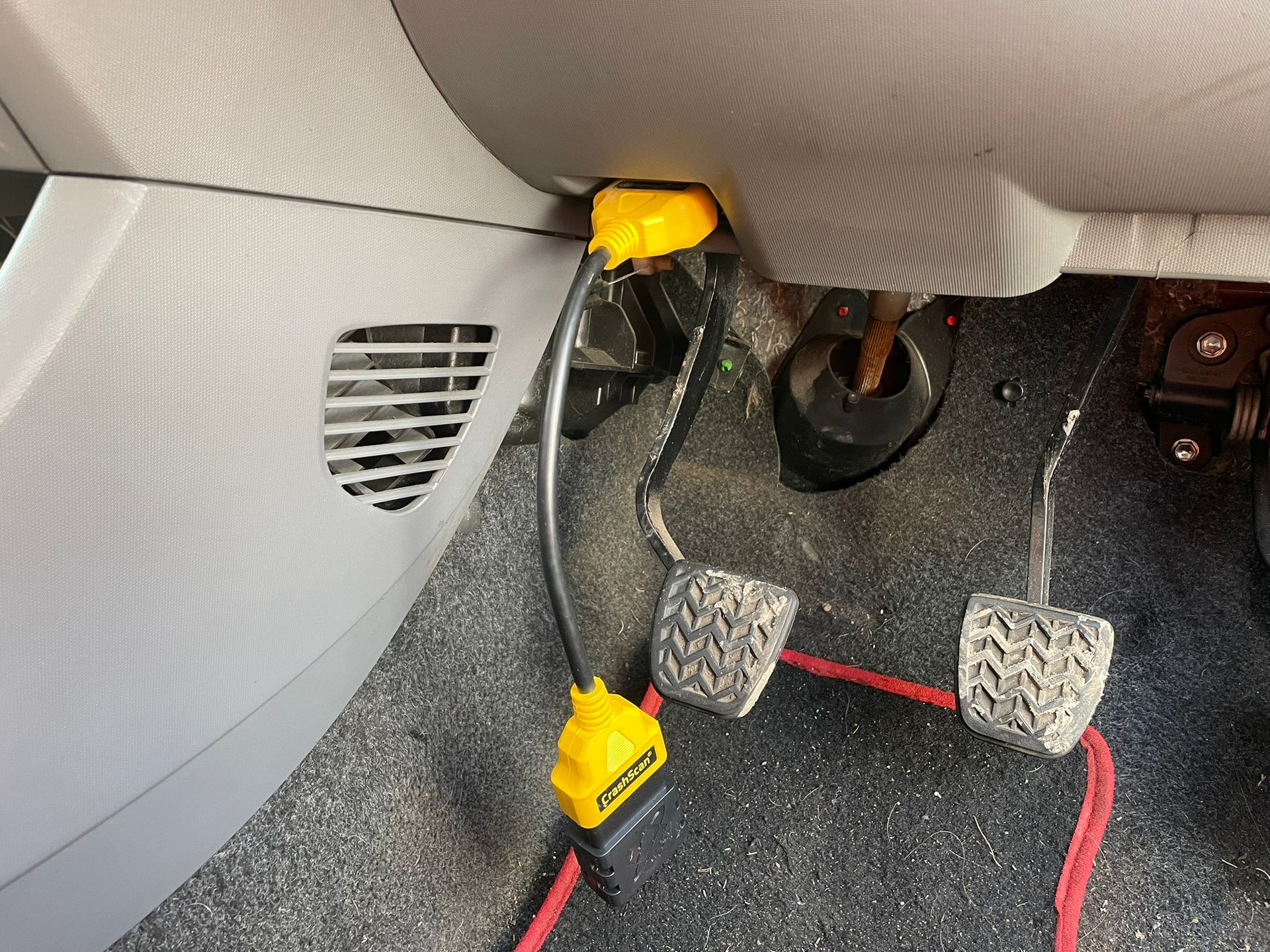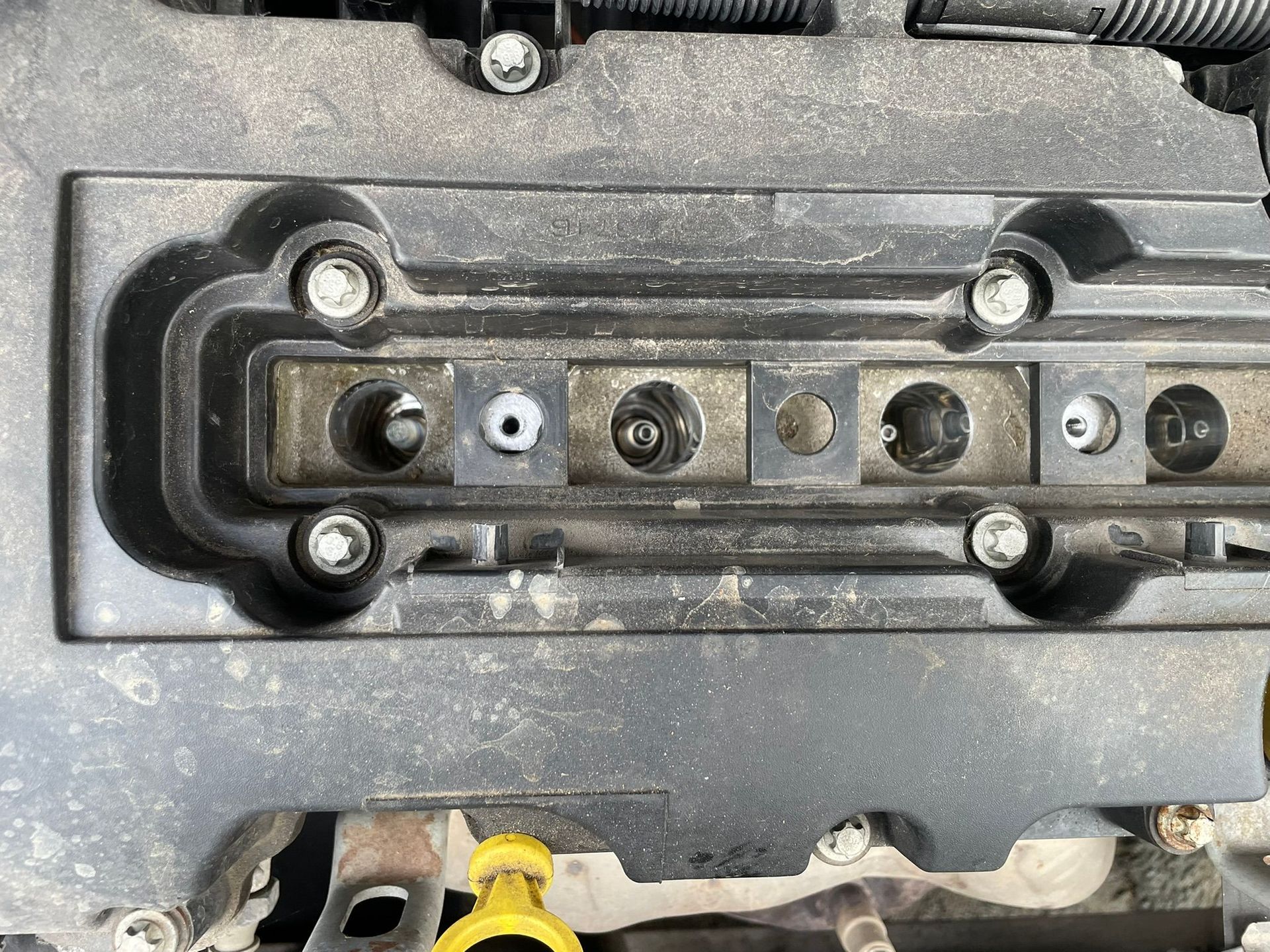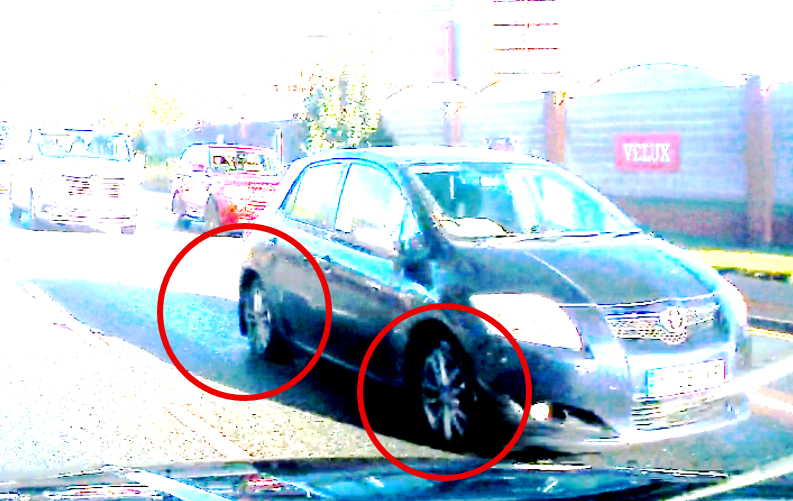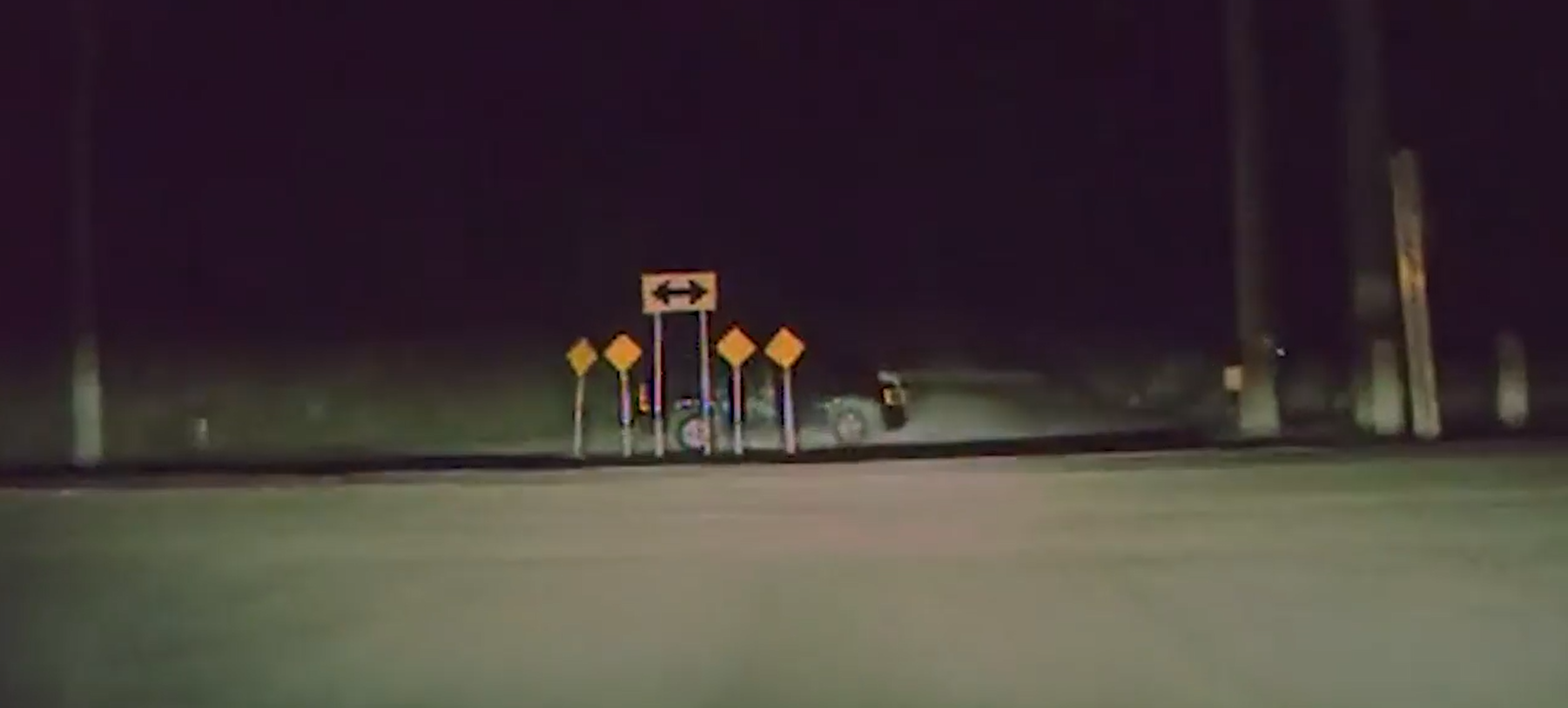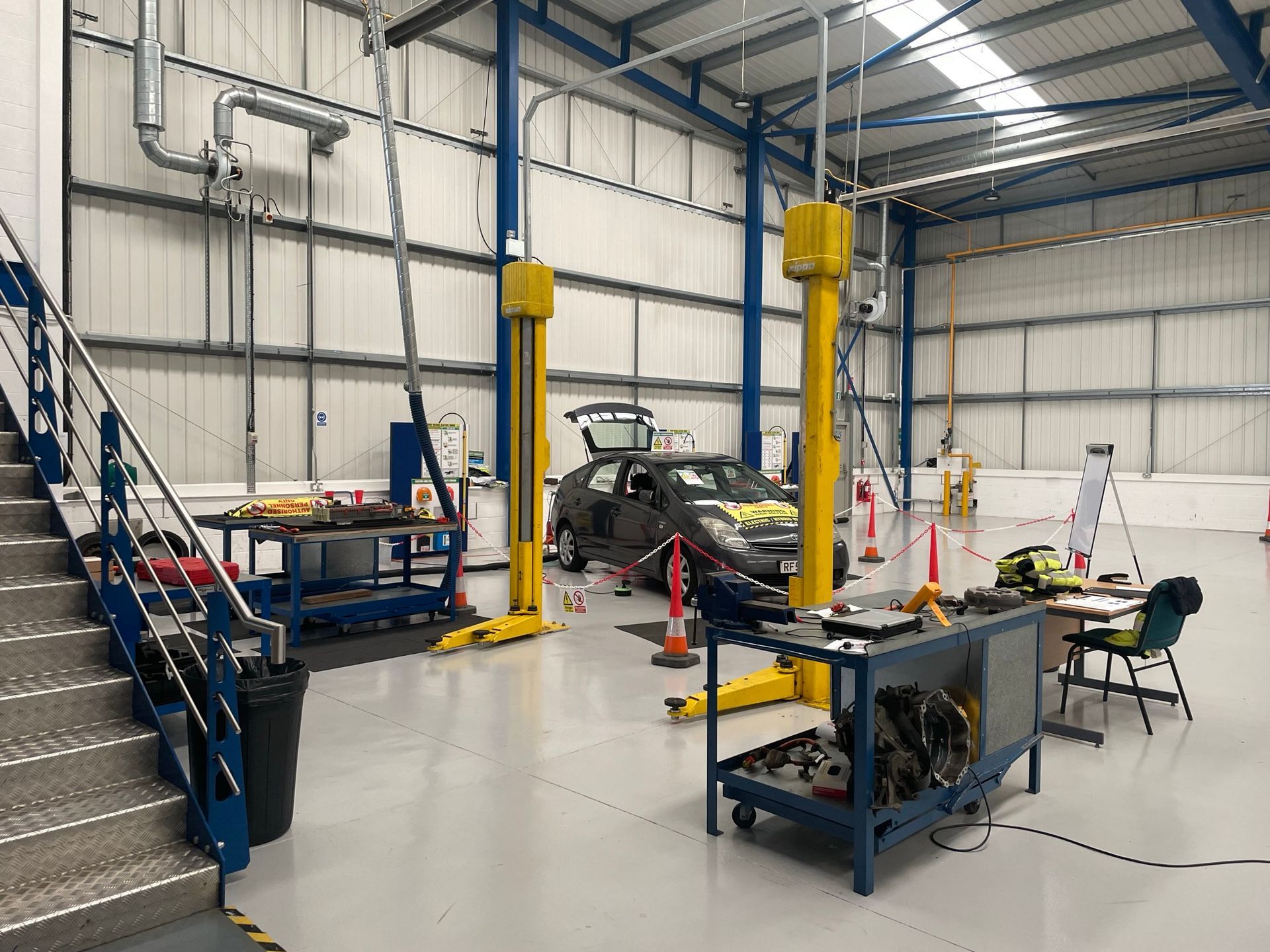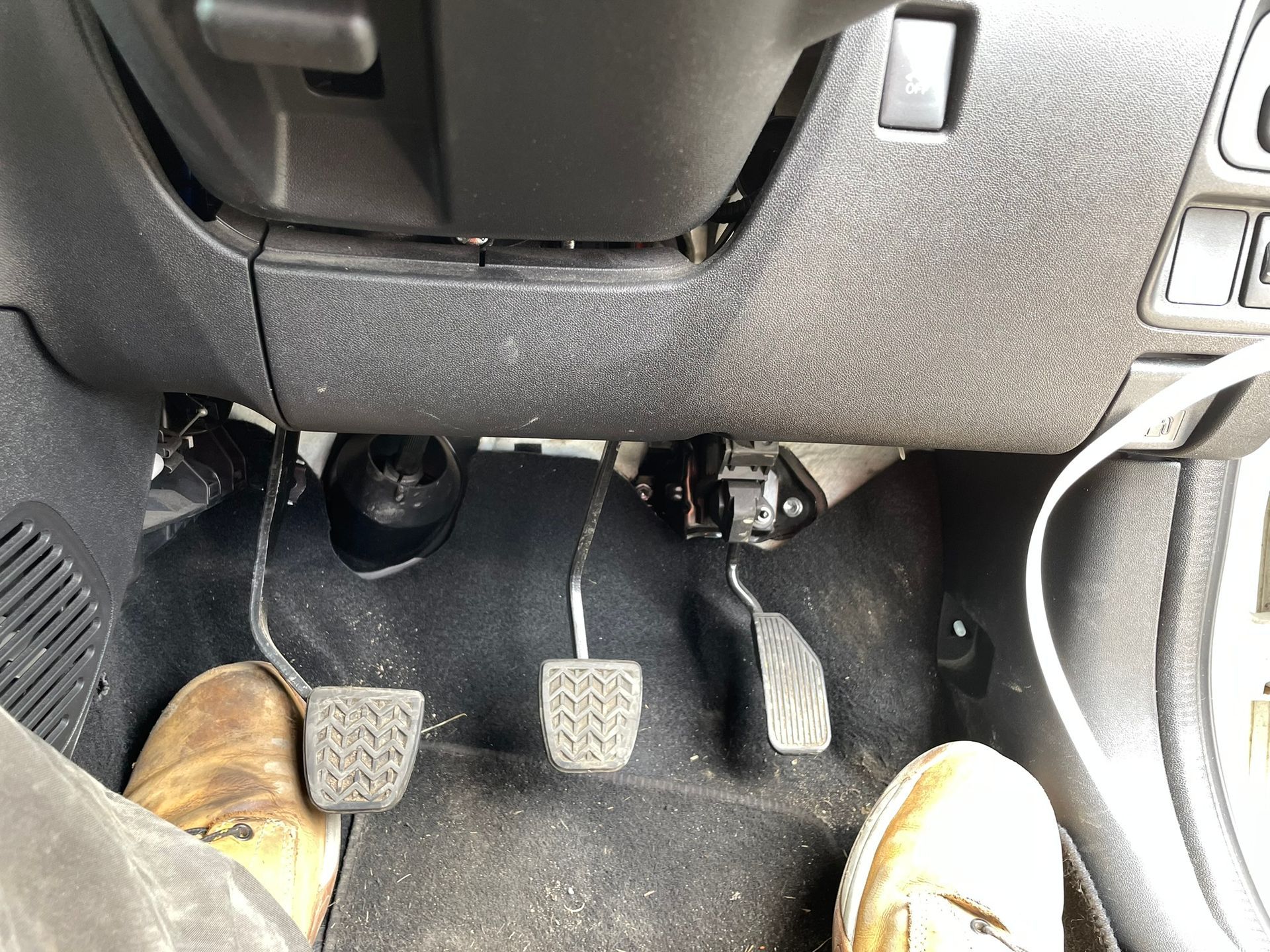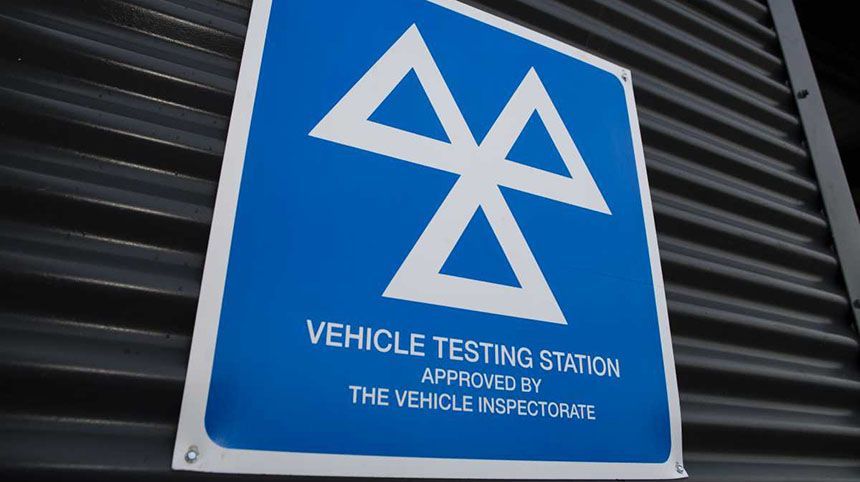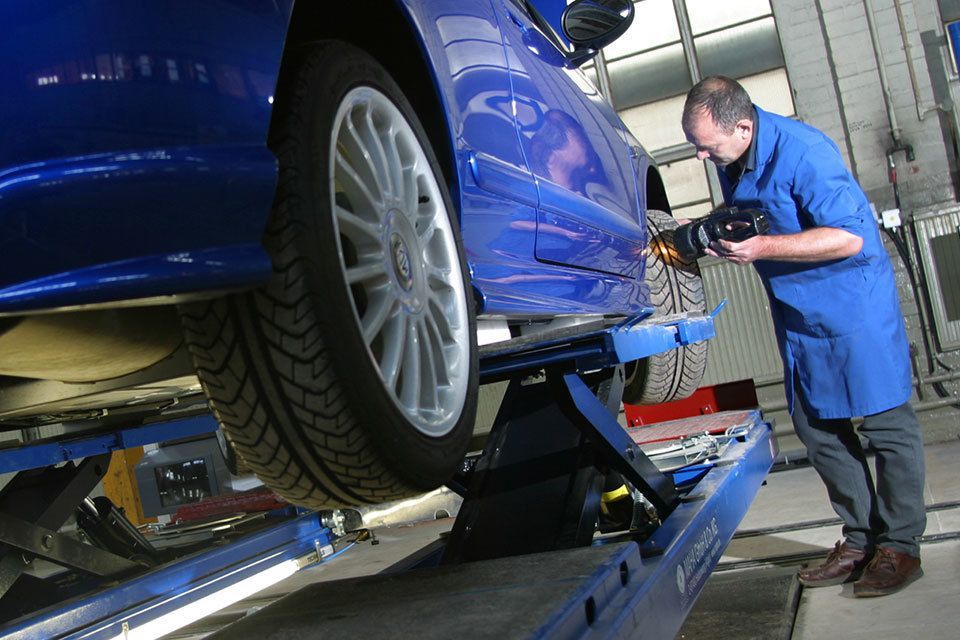Chinook: Zulu Delta 576 – What caused the crash? Plane, pilot error or something else

In 1994 an RAF Chinook helicopter crashed on the Mull of Kintyre, in Scotland. The aircraft was carrying 29 people, including 4 crew. There seems to be no contention that the Special Forces trained aircrew, were highly trained and experienced.
What is in contention, is the cause of the crash. There are several conclusions, all of which contradict the other. The RAF Board of Inquiry concluded an inappropriate rate of climb, an RAF Air Chief Marshal and a Air Vice Marshal concluded it was pilot error, although that was later contested by a Sheriffs Inquiry held in Paisley. There is even a suggestion that the planes software may have been a contributing factor.
But what has all this got to do with the investigation of road traffic collisions?
Planes and helicopters are not the only complex machines we come across on a daily basis. We come across cars and vehicles in general on a daily basis, and these are becoming ever more complex.
The cause of a collision generally falls in to one or more categories, those being:
· Driver / human error,
· Environmental factors (i.e. sun, weather conditions etc),
· Vehicle defect,
· Road surface defect.
It seems like an almost weekly occurrence where I hear of a vehicle that has been taken to a main dealer to be diagnosed, where the technicians at that dealership have had to seek advice direct from the manufacturer. This is not criticism of the technicians, but a demonstration that what we consider to be “simple” cars, are in fact highly complex mobile safety critical boxes.
There is a BBC documentary on the Chinook crash (available on iPlayer) which demonstrates quite clearly, that when the evidence either isn’t collected or analysed correctly (by appropriately trained and qualified people), the conclusions that investigation draws, are unreliable. This has profound implications for those being investigated, those involved, the families and equally importantly, the justice system.
In the programme (which is available on BBC iPlayer), the Air Accident Investigator said the absence of evidence is not evidence of absence, in other words, just because we cannot find the evidence, does not mean it doesn’t exist. Our conclusions must be based on the evidence we have, not the evidence we don’t have. The example being referred to in the BBC documentary was that no other cause of the collision could be found (initially) and so the “logical” conclusion drawn was that this must have been pilot error, even when there wasn’t evidence to seemingly support it.
I know I am repeating myself when I say cars are increasingly complex (but I think it worth restating). but they are only going to become more complex. If we view cars through the 1950s lens, we risk missing the true cause of a collision, which on modern cars may relate to more than just the mechanical components.
Whilst mechanical components are rarely “fixed” in a crash, intermittent electrical issues or even poor software/programming, may well be the current and future defects staring us in the face that we miss because we didn’t even think to look.
Link to BBC iPlayer: https://www.bbc.co.uk/iplayer/episodes/m001vxy8/chinook-zulu-delta-576
Image Credit: BBC


